Closing the digital skills gap this National Coding Week

As we come to the end of National Coding Week, it is the perfect time to reflect on the opportunities that the coding world presents, whilst also encouraging us to look ahead to what adventures await. This week has been an important one for bridging the digital skills gap, which 3 in 4 IT leaders report plagues their organisations. Designed to provide adults and children with the resources to improve their digital literacy and offer opportunities to learn the coding basics, National Coding Week strives to help close this gap and encourage more people into the world of code.
This National Coding Week, FE News spoke to six industry experts about the opportunities that coding provides and how to inspire the next generation of coding professionals.
An ongoing journey
Taking time to reflect, we can really appreciate how fast technology has developed in a very short period of time. Shelley Chase, Software Fellow at Progress, reflects on the state of the industry when she started her career in the early 1980s: “There were fewer languages then and a lot of coding required you to write in a machine specific language targeted for a single operating system. My start was with the PDP-11, a 16-bit minicomputer sold by Digital Equipment Corporation (DEC) from 1970 into the 1990s. Thankfully, it’s much easier now. Modern programming languages abstract out operating system and device differences so a programmer can code at a much higher, more intuitive level. And today, you can see your code run on your own devices – which makes coding skills so powerful and exciting.”
She continues: “Today’s world is driven by software. We drive cars that run complex programs to provide safety and entertainment features and the movement to self-driving and electric vehicles will make cars supercomputers on wheels. Smart homes connect your home appliances, security systems, and temperature controls to your phone or tablet. This is all possible by running millions of lines of code.”
However, the ongoing digital skills gap is stifling the potential of the industry to grow and businesses are struggling to make technical advances because they don’t have the skills available to manage such transformation. As Michael Yoo, GM of Technology & Development at Skillsoft, explains, “the rate of technological change is outpacing organisations’ ability to upskill and reskill their workforce, leaving a dire need for new skills across disciplines like programming, data analytics and cybersecurity.”
Building skills & bridging the gap
Yet, all is not lost as National Coding Week has provided the perfect opportunity for these much-needed skills to be built and developed. All businesses and educational institutions are encouraged to get involved in providing opportunities to their employees and students to learn these crucial skills.
As Gary Debono, Chief Technology Officer at Totalmobile, advises, “It is important that organisations consider what they can do to encourage people from all backgrounds to try coding and learn something new. One thing that businesses can do is engage in initiatives in schools and places of work, presenting the opportunities available in tech to a wide range of individuals. For example, Women Who Code is an initiative a number of our staff are passionately involved in.”
“National Coding Week is a great platform to highlight the importance of coding education; more should be done to help students – from preschool through to tertiary education – as well as those already in the workplace to learn and develop these high-priority skills,” agrees Matt Rider, VP of Security Engineering EMEA at Exabeam.
Skillsoft’s Michael Yoo observes that, “technical skills like programming can’t be developed from observing others or reading books — they require hands-on practical experience. While effective for long-lasting learning, this trial-and-error approach is impractical for real-life critical projects. Organisations should consider using an affordable, immersive practice environment that enables learning without risks.”
He explains how Skillsoft are channelling this in their work: “Skillsoft integrated Codecademy content into its Percipio platform to give organisations access to a self-paced interactive learning environment, where professionals can practice within a safe, low-stakes, multimodal setting while applying newly acquired technical skills in real-time. With digital skills growing both in value and necessity, lifelong blended learning capabilities remain integral in closing the skills gap. Investing in reskilling and upskilling now will pay dividends in the future.”
Oleksandr Maidaniuk, VP of Technology at Intellias, also shares how his company is working with the wider community to make coding accessible to all: “We host summer camps – bringing teams together to inspire younger generations with the power of coding and encourage them on this educational path. It is my hope that more people become inspired by code and harness it to carve their way through the technological landscape and introduce innovative solutions for our modern society.”
Hugh Scantlebury, CEO and Founder of Aqilla, concludes with an analogy about the creativity of coding: “There’s a lot of debate about whether coding is a creative activity. For me and the organisers of National Coding Week, there’s absolutely no doubt that it is. Of course, there are mathematical and logical components. But you could argue the same is true of writing music — there’d be no chords, harmonies or time signatures without maths and logic, yet no one would deny that musicians are creative. Indeed, I think writing code is actually very similar to writing music. At its best, it builds confidence, gives people a voice and a platform, and has the potential to enrich wider society. So, let’s celebrate the creative coders this week and take a moment to appreciate all they do for us!”


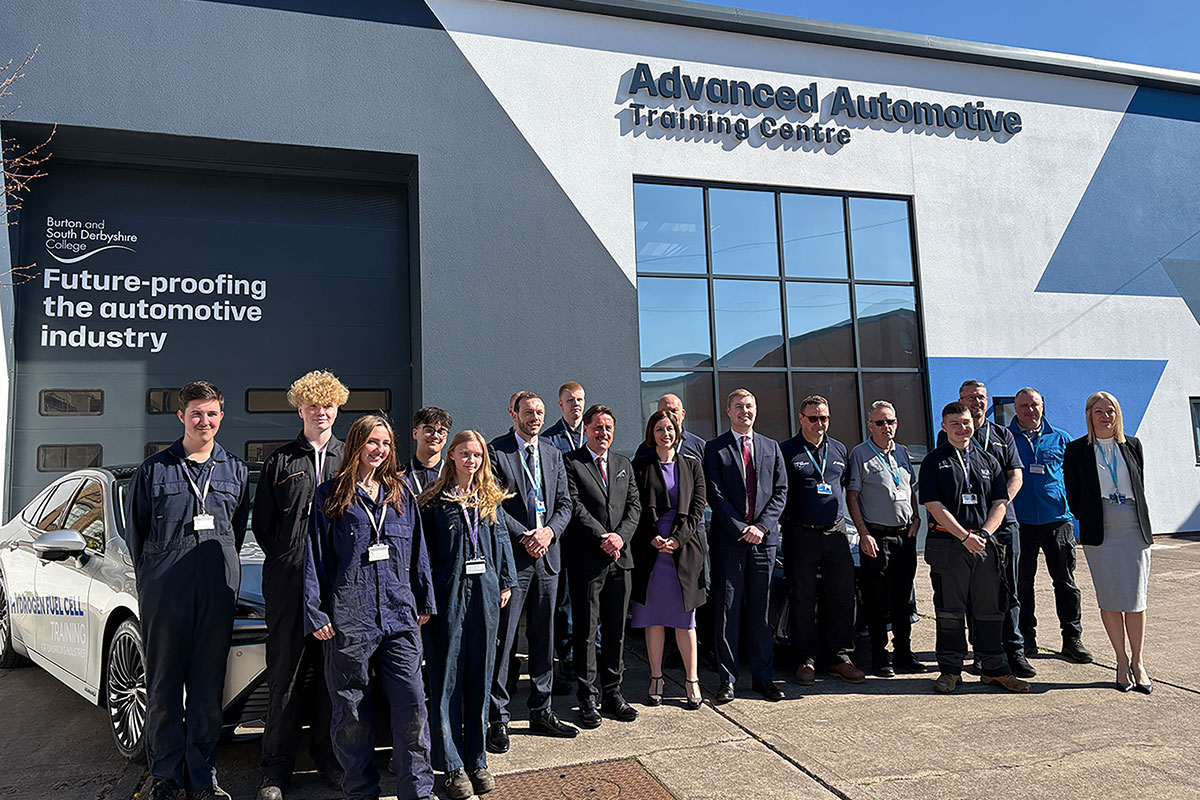

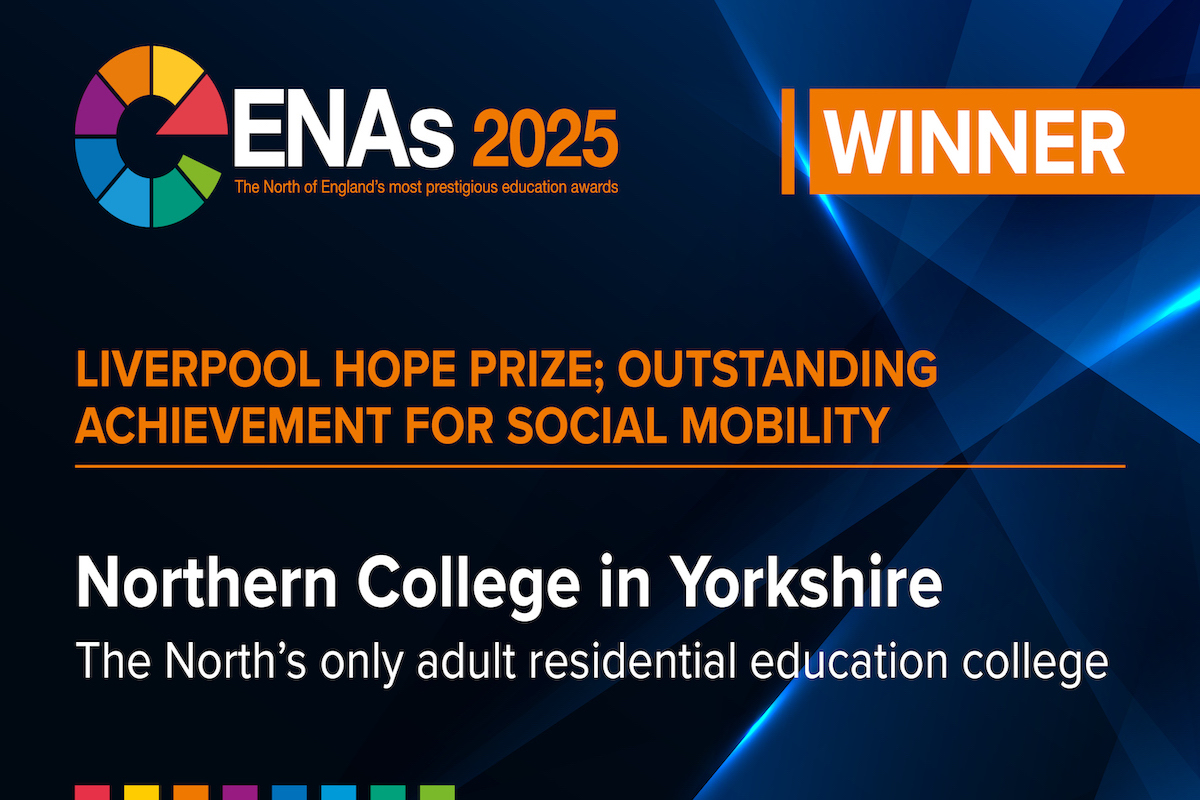
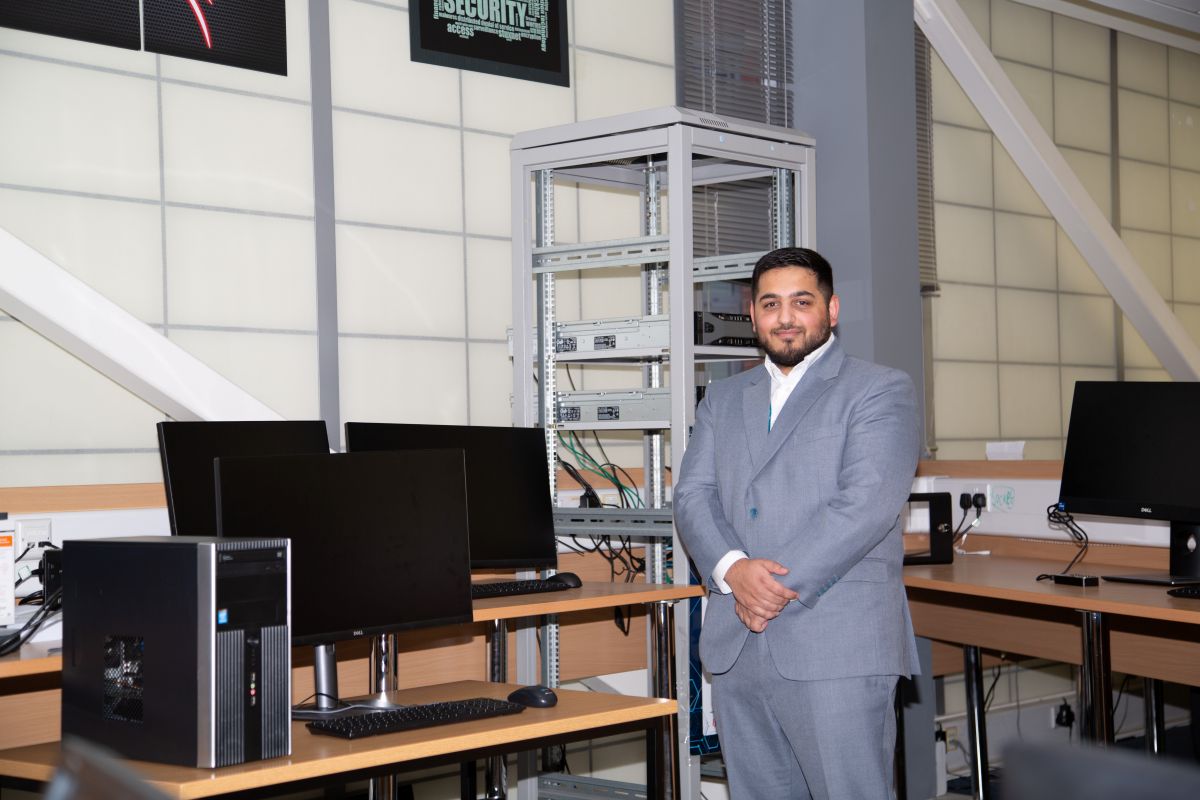

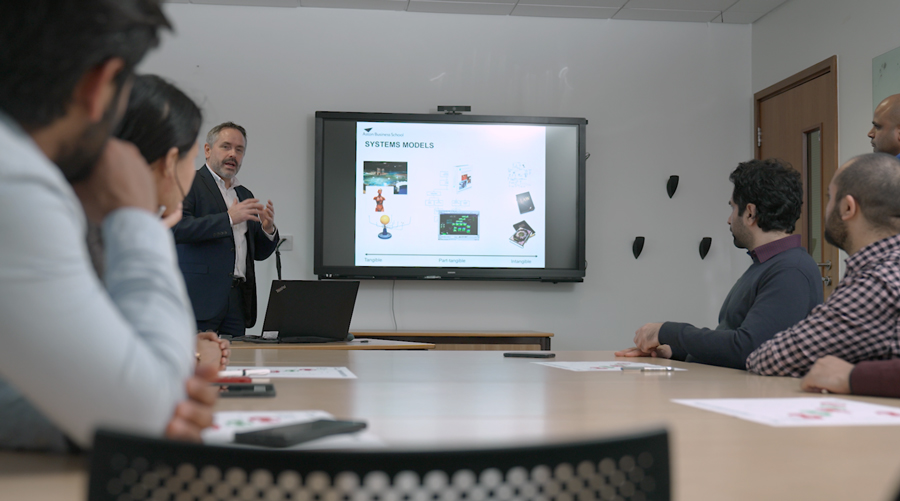


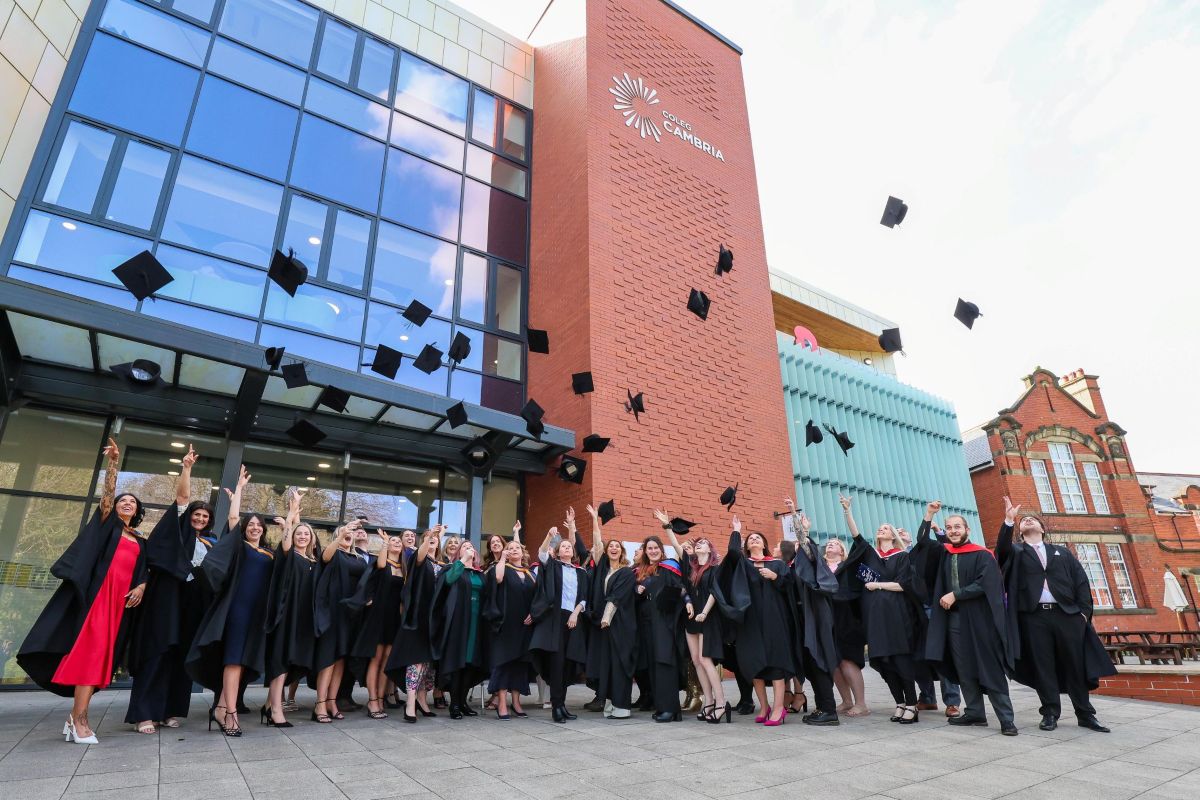
Responses